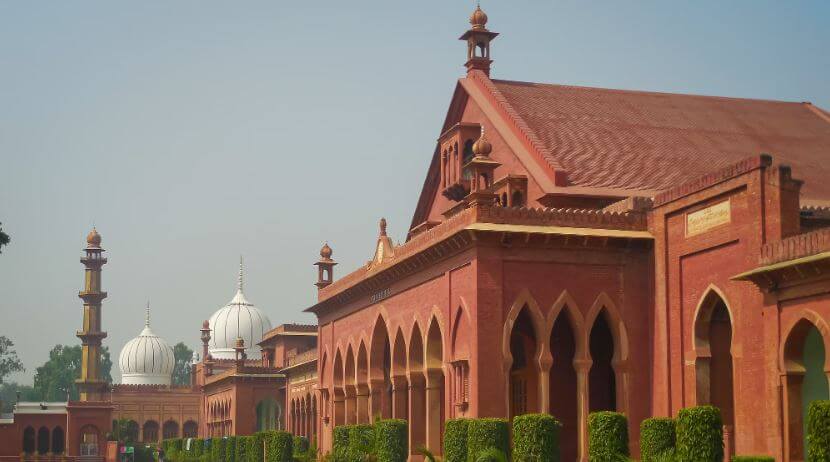
The message came through a telephone call from my batch mate, Duleep Kotia who was District Magistrate (DM), Aligarh and enjoyed the reputation of being honest, forthright and efficient. Kalyan Singh, the Chief Minister (CM) of Uttar Pradesh (UP), also hailed from this district. The DM conveyed that the vehicle of the Chief Development Officer (CDO) of the district had been commandeered by the son of Kalyan Singh for his personal use.
This wasn’t very unusual in Uttar Pradesh (or for that matter anywhere else in the country) where sons and daughters of PMs or CMs were treated as crown princes and princesses. This could easily have been ignored but Kalyan Singh had already demonstrated that he was different from the previous Chief Ministers, both with regard to governance as well as integrity. Perhaps this was the reason why the DM was conveying this message to me. Otherwise, in any other regime, it would have been handled ‘locally’. He wanted this to be brought to the notice of Kalyan Singh.
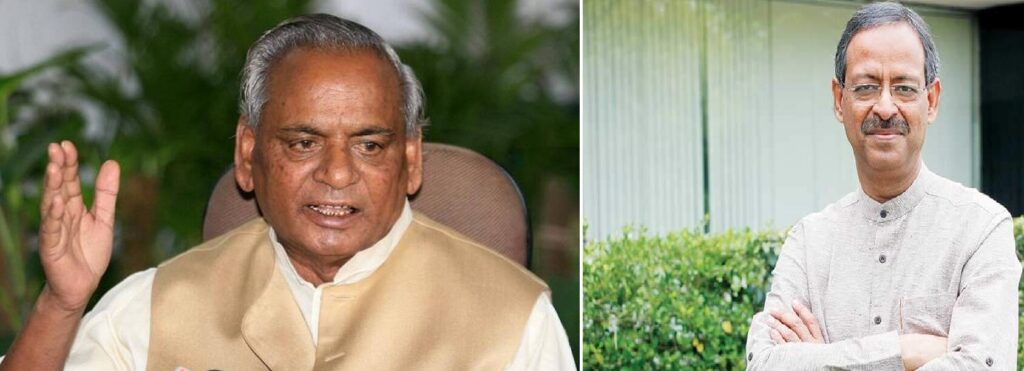
I was to accompany Kalyan Singh to a programme in the morning. As I was new to the assignment I wasn’t sure how to bring this issue to his notice. What was comforting was that he had already acquired the reputation of being a man with impeccable integrity.
Also Read: Kalyan Singh – a politician bureaucrats loved to work with # 1
On arrival at his residence a trifle ahead of the scheduled time of departure for the programme, I waited for him to get ready. Unlike most politicians, Kalyan Singh prided himself on his punctuality. He came out at the scheduled time. I sat along with him in his car as we proceeded to the venue of the programme.
As we came out onto the main road, I briefed him about the media reports and then gathered up the courage to inform him about the incident that happened at Aligarh. He was perhaps not expecting it but heard me out patiently. There was no expression on his face but as soon as I concluded, he immediately asked the motorcade to return to his residence.
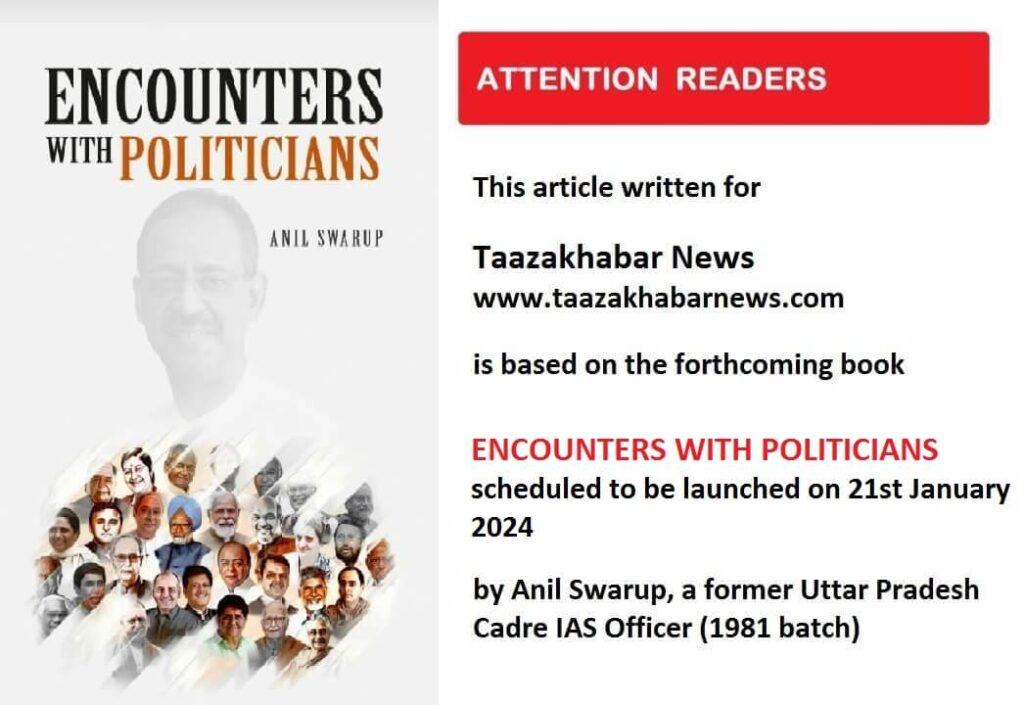
This was a bit surprising as I knew that he wouldn’t want to be late for the programme. Perhaps on this occasion, he found the issue at hand important enough to delay his arrival at the programme. In those days mobile phones did not exist and he wanted to use the telephone.
On return to his residence, I sat in the lounge, as he went inside. I could hear his voice. He spoke to someone over the phone. The voice was inaudible but I could make out that his tone was agitated. He was apparently reprimanding someone. After a few minutes, he came out and looked as composed as ever.
We proceeded to the venue of the programme, arriving a few minutes later than the scheduled time. He apologised for his delayed arrival when he made his speech. Apart from the other points he made, he touched upon the necessity of integrity amongst those who occupied high offices. Here was a man who had practised what he was preaching. He belonged to that rare breed of politicians that was fast vanishing.
In the evening I got to know that CDO’s car had been returned to the officer.
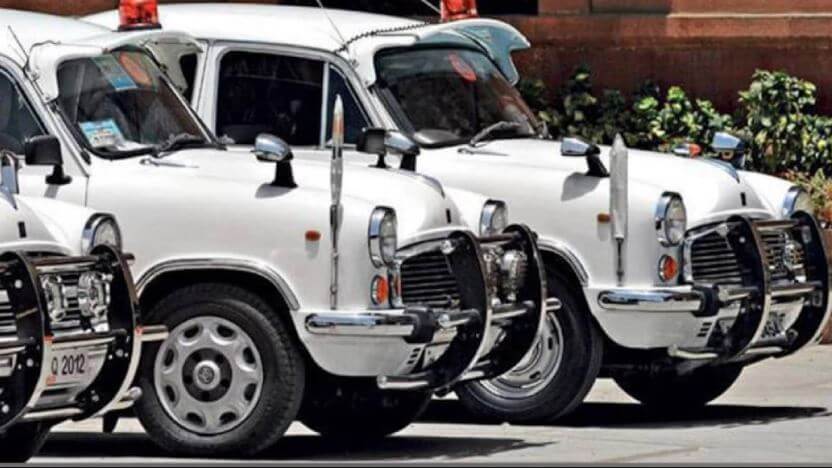
****************
There were just three persons present for the meeting: the Chief Minister (CM) of Uttar Pradesh, the Chief Secretary (CS) and myself. Normally in all such discussions the presence of the Appointments Secretary was imperative. But for some unknown reason, on that occasion, he was missing and the Chief Secretary was carrying all the details. My presence was also incidental. I had come to brief the CM on a different issue and as the Chief Secretary walked in, I sought the CM’s permission to go. However, I don’t know why he asked me to stay on.
A crucial discussion was underway. Some officers who were holding the posts of District Magistrates were to be shifted and new ones were to be posted in their place. The Chief Secretary had brought a list of officers who could be considered for these posts. The State, at that point of time, had become notorious for frequent transfers of officers. It was also believed that the efficiency and integrity of the officers were not the prime determinants for such postings in the past. The new Chief Minister, Kalyan Singh, was determined to change this.
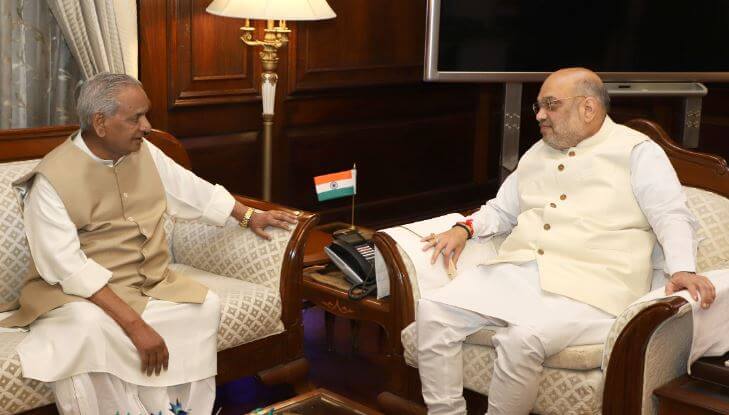
He was of the firm belief, perhaps rightly so, that the functioning of the district depended primarily on the quality of the District Magistrate. He was a leader who had come up from grassroots and understood the importance of the role of this crucial functionary. Hence, he conducted the exercise of selecting these officers personally and meticulously. He took up each district individually .He had with him written feedback about each of the officers from his own sources. However, he had conveyed his intention of selecting only such officers who were known for being efficient and with proven integrity.
While discussing each officer, the Chief Secretary kept referring to the caste of the officer who was under consideration for a district posting. He was perhaps going by the criteria set during previous regimes, of balancing caste equations while considering the posting of officers as District Magistrates. Initially, the CM was ignoring such inputs but as the CS persisted, the CM appeared irritated at the mention of caste. On the next occasion when the caste of the officer was mentioned by the CS, he retorted, “I had asked for integrity and competence of each officer and not his caste. Then why are you mentioning the caste?”
The Chief Secretary was a smart man. He could have provided an explanation by saying that that had been the earlier practice but he didn’t do so. He immediately apologised and thereafter did not mention the caste of the officer. The message was loud and clear. Caste was not be considered the criteria for the selection of officers for posting. The discussions went on smoothly and the transfer orders were issued later in the evening.
It was difficult to believe that there was a politician who was providing a lesson to a bureaucrat on how the administration should be run. However, the bureaucrat was himself not entirely to be blamed. That was how the state was run previously. That was how postings were done. And right there was a glimmer of hope that it was all set to ‘transfer’ was probably the only certainty for officers posted in Uttar Pradesh (UP) before Kalyan Singh took charge as Chief Minister. During the late 1980s, the tenure of officers depended upon their capacity to keep those that mattered (read, politicians) ‘happy’. It came at an enormous cost to the administration. UP in the initial decades after independence was the state of choice for a budding administrator but it wasn’t so anymore in the 1990s.
(To be Continued)

